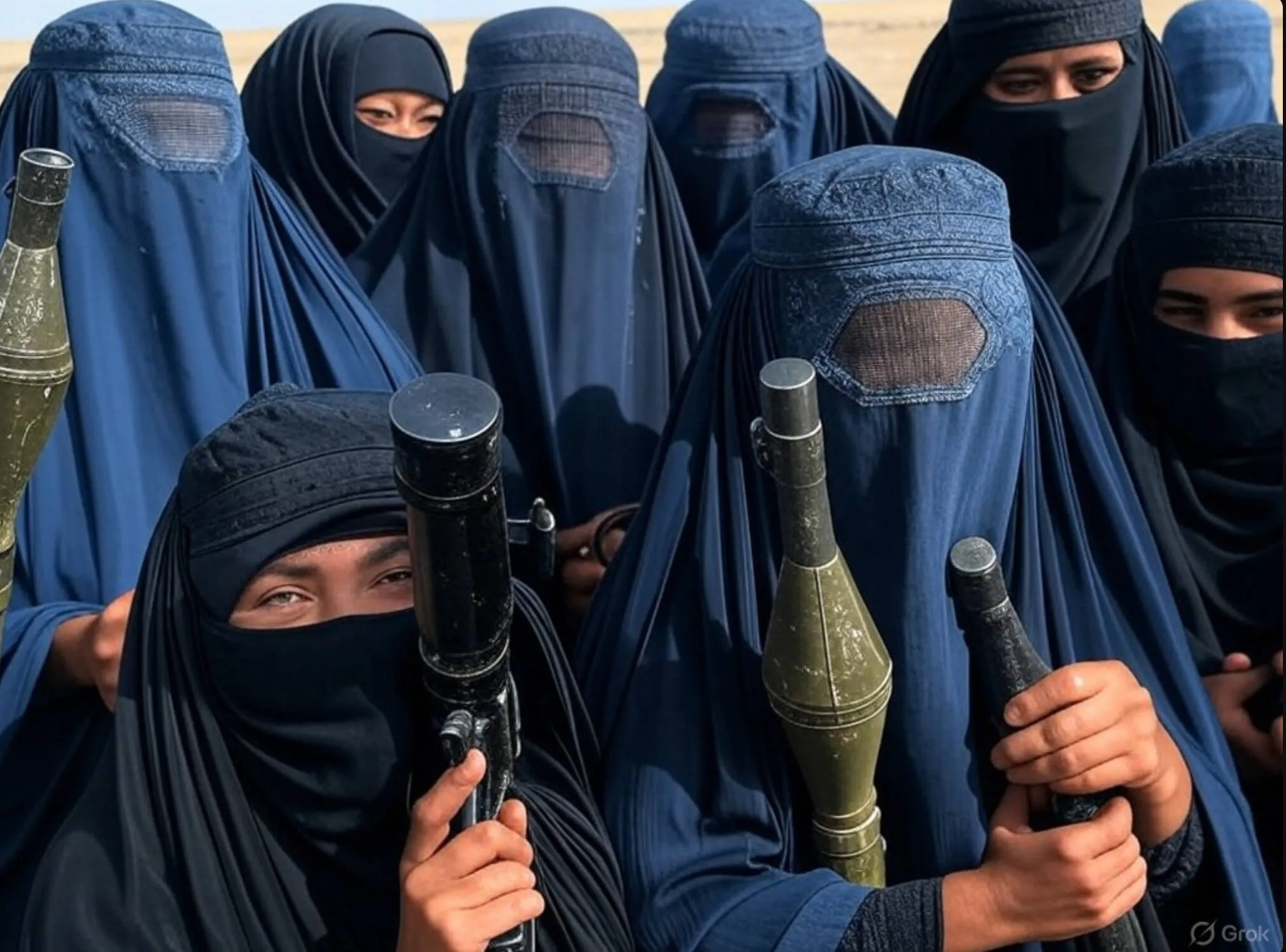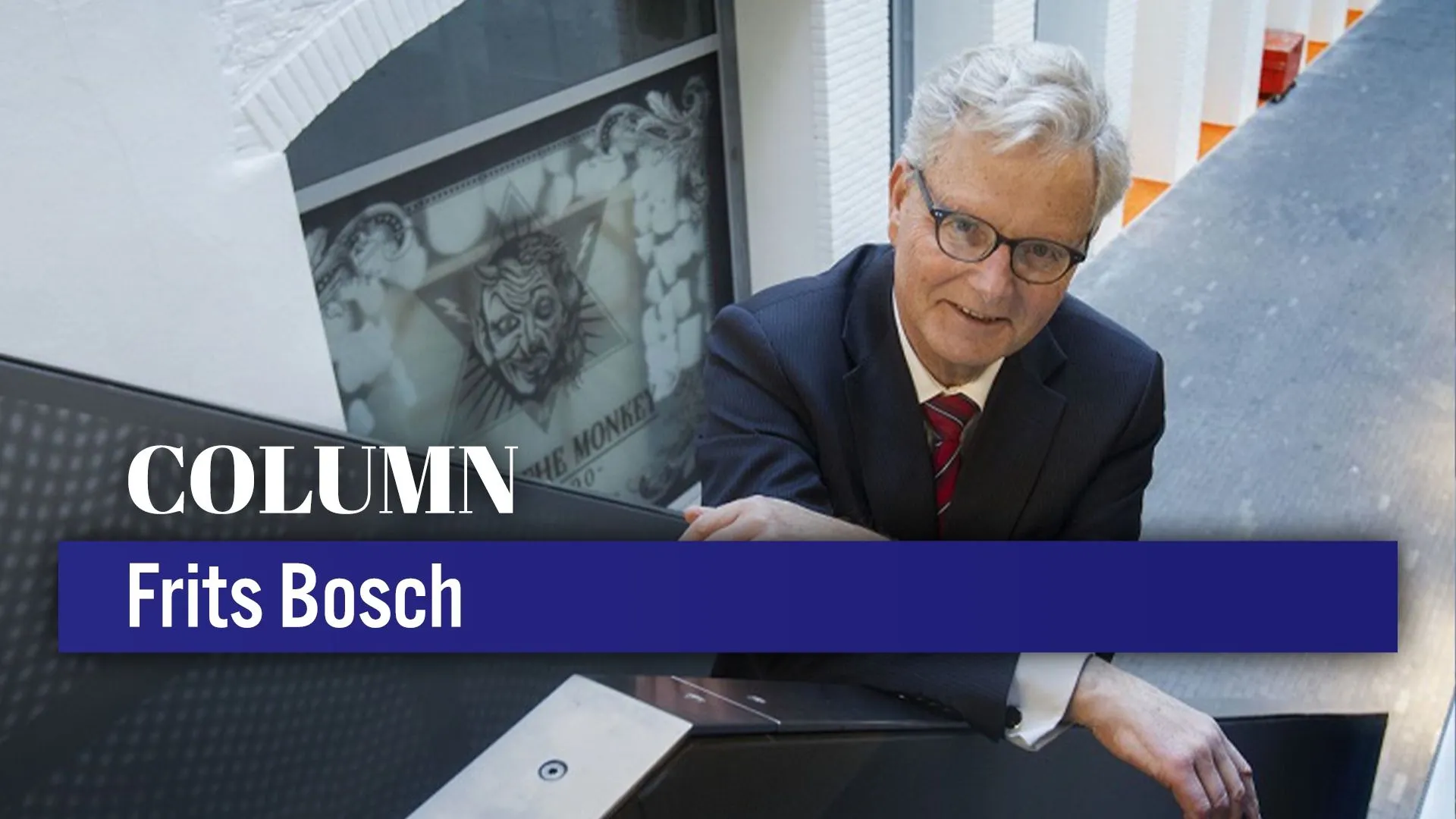Václav Klaus over klimaatverandering

The current debate is a public policy debate with enormous implications. It is no longer about climate. It is about the government, the politicians, their scribes and the lobbyists who want to get more decision making and power for themselves. It seems to me that the widespread acceptance of the global warming dogma has become one of the main, most costly and most undemocratic public policy mistakes in generations. The previous one was communism.
What belongs here is our insisting upon the undisputable fact that there are respectable but highly conflicting scientific hypotheses concerning this subject. What also belongs here is our resolute opposition to the attempts to shut down such a crucial public debate concerning us and our way of life on the pretext that the overwhelming scientific consensus is there and that we have to act now. This is not true. Being free to raise questions and oppose fashionable politically and lobbystically promoted ideas forms an important and irreplaceable part of our democratic society. Not being allowed to do so would be a proof that we have already moved to the brave new world of a postdemocratic order. (I am tempted to say that we are already very close to it). .
Many of us came to the conclusion that the case for the currently promoted anthropogenic global warming hypothesis is very weak. We also know that it is always wrong to pick a simple, attractive, perhaps appealing scientific hypothesis, especially when it is not sufficiently tested and non-contentiously pushed forward, and to base ambitious, radical and far-reaching policies on it without paying attention to all the arguments and to all the direct and indirect as well as opportunity costs associated with it. The feeling that this is exactly what we have been experiencing motivated me to write a book with the title Blue Planet in Green Shackles, which was published in May 2007 and in which I attempted to put the global warming debate into a broader perspective.
We are not on the winning side, but looking back, we can afford to say that since the launching of the massive global warming propaganda at the UN Rio Summit in 1992 and since its subsequent acceptance worldwide, several things happened that suggest some degree of optimism:
- the global temperature ceased rising;
- new alternative hypotheses for the explanation of climate fluctuations have been formulated;
- the reputation of the scientific standing of some of the leading exponents of the global warming doctrine has been heavily undermined recently (the most scandalous example being the case of the hockey stick, which constituted the basis of the 2001 Third Assessment Report of the IPCC);
- the Copenhagen Conference in December 2009 revealed to everyone willing to see the existing heterogeneity of views and the apparent contradictions of interests.
Their [bedoeld is de klimaatalarmisten] success in influencing millions of quite rational people all around the world is rather surprising. How is it possible that they are so successful in it? And so rapidly? For older doctrines and ideologies, it took usually much longer to get such an influential and widely shared position in society. Is this because of the specifics of our times? Is this because we are continuously online? Is this because religious and other metaphysical ideologies have become less attractive and less persuasive? Is this because of the need to promptly refill the existing spiritual emptiness connected with the end of history theories with a new noble cause, such as saving the Planet?
The environmentalists succeeded in discovering a new noble cause. They try to limit human freedom in the name of something that is more important and more noble than our very down-to-earth lives. For someone who spent most of his life in the noble era of communism this is impossible to accept.
The only reasonable explanation is that without having paid sufficient attention to the arguments they have already invested too much into global warming alarmism. Some of them are afraid that by losing this doctrine their political and professional pride would suffer. Others are earning a lot of money on it and are afraid of losing that source of income. Business people hope they will make a fortune out of it and are not ready to write it off. They all have a very tangible vested interest in it. We should say loudly: this coalition of powerful special interests is endangering us.
Our interest is, or should be, a free, democratic and prosperous society. That is the reason why we have to stand up against all attempts to undermine it. We should be prepared to adapt to all kinds of future climate changes (including cooling) but we should never accept losing our freedom.


